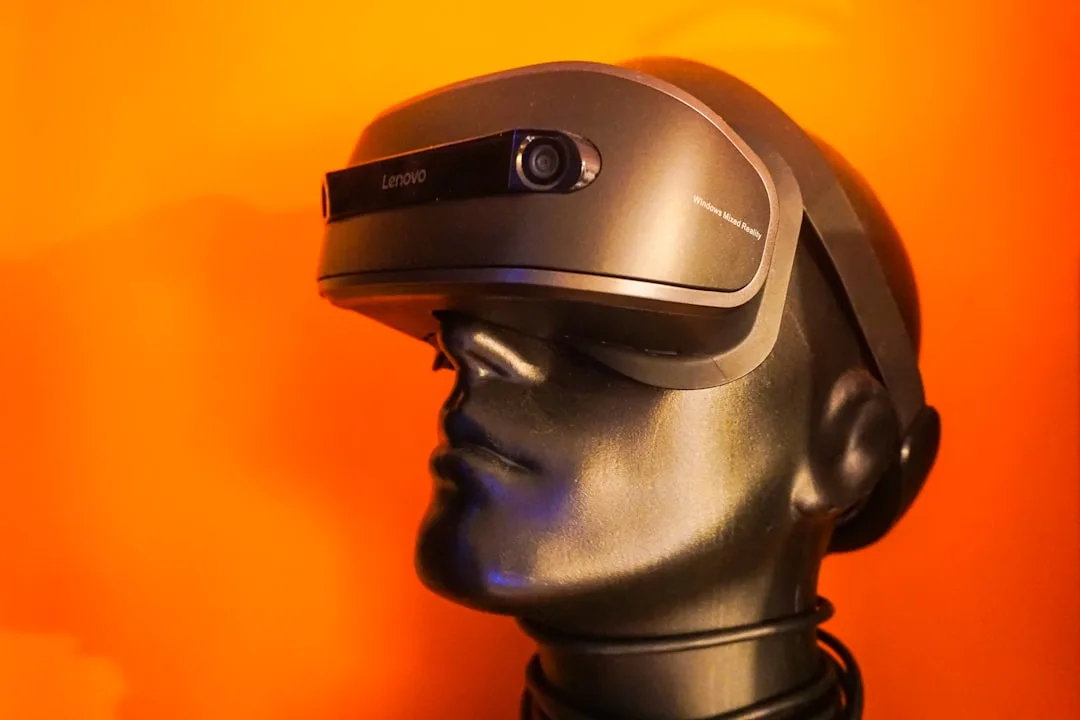
Newsletter Subscribe
Enter your email address below and subscribe to our newsletter

Enter your email address below and subscribe to our newsletter

The world of everyday technology is experiencing a seismic shift as AI-powered gadgets emerge, transforming how we interact with and perceive tech. From smart home devices to wearable tech, AI’s integration is setting a new standard for innovation and efficiency.
Several key players are at the forefront of this AI revolution. Google and Amazon have long been pioneers with their AI-driven virtual assistants, Google Assistant and Alexa, respectively. These companies are continuously pushing the boundaries of what AI can achieve in the realm of consumer electronics. Meanwhile, Apple is not far behind, with its AI-enhanced Siri and cutting-edge hardware like the Apple Watch, which leverages AI for health monitoring and personalized experiences.
Startups are also making significant strides. For instance, Nanit, a company specializing in smart baby monitoring systems, utilizes AI to analyze sleep patterns and provide parents with actionable insights. Moreover, Eight Sleep has developed smart mattresses that adjust temperature and firmness through AI algorithms, enhancing sleep quality.
The integration of AI into everyday gadgets has profound implications across various sectors:
For further reading on AI’s impact on consumer tech, check out our previous post on AI in Smart Home Technology.
As AI continues to integrate into everyday gadgets, the line between technology and daily life will blur even further. This trend will likely lead to more personalized and efficient user experiences, driving significant growth in the consumer electronics market. However, companies must address privacy and security concerns as more personal data gets integrated into AI systems.
The rise of AI-powered gadgets is not just a technological evolution but a cultural one, as consumers increasingly demand smarter, more connected experiences. Those in the tech industry who embrace this change will find themselves at the forefront of the next wave of innovation.
The evolution of AI in gadgets can be likened to the industrial revolution but on a digital scale. Just as machines transformed manufacturing, AI is redefining how we interact with technology, making devices smarter and more intuitive. The potential for AI to enhance personalization and efficiency is immense, yet it also raises critical questions about data security and privacy. The tech industry must navigate these challenges carefully to ensure that advancements benefit users without compromising their rights.
For those in the tech industry, staying ahead means embracing AI’s potential. Consider experimenting with AI features in your products or services to enhance user experience. If you’re a developer, explore beta programs from leading companies like Google and Amazon to gain early insights into AI advancements. Lastly, keep informed by reading follow-up articles on AI trends and innovations, such as our deep dive into AI in Wearable Tech.